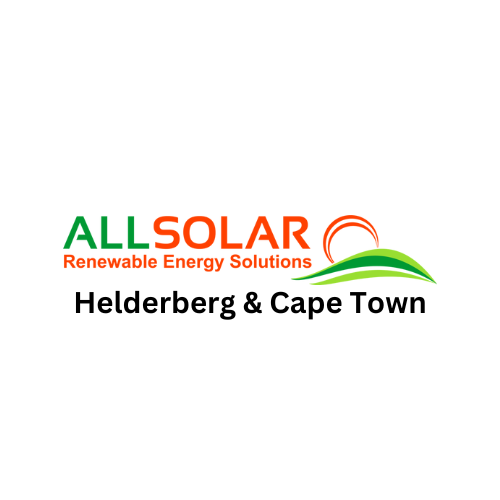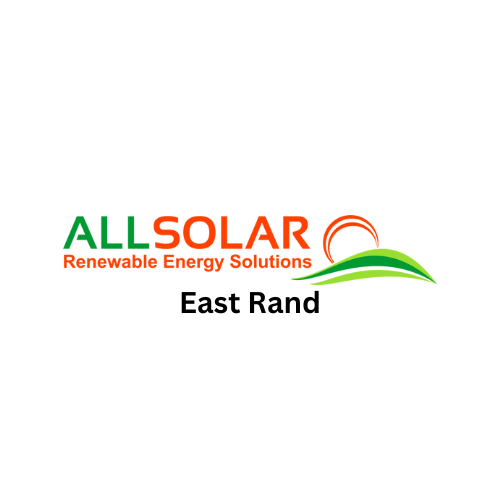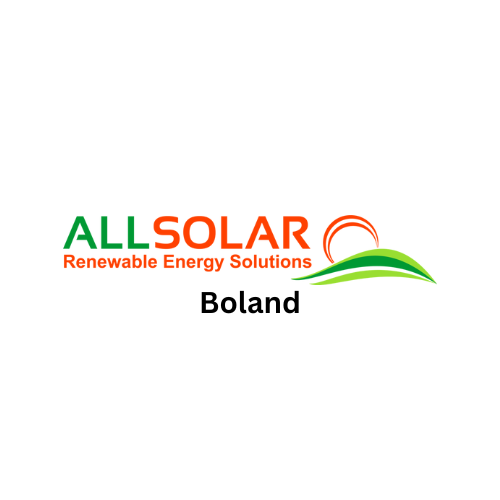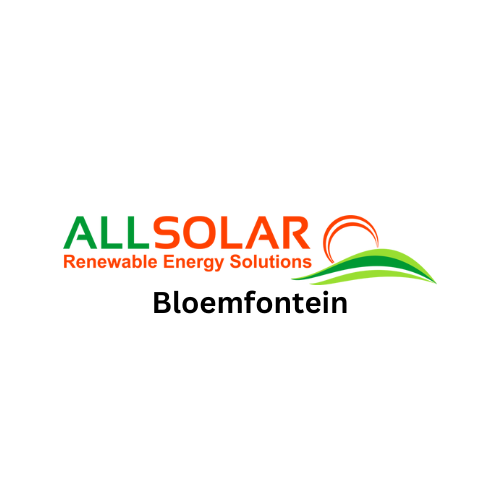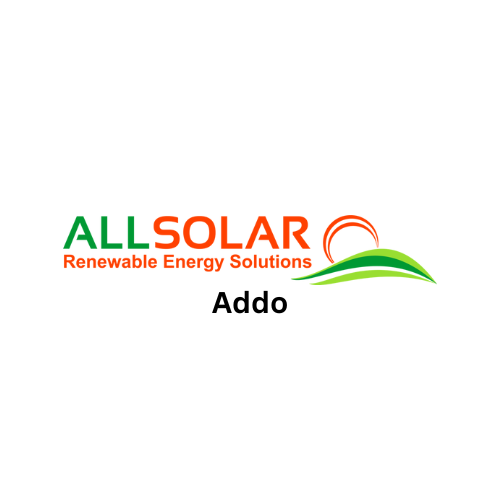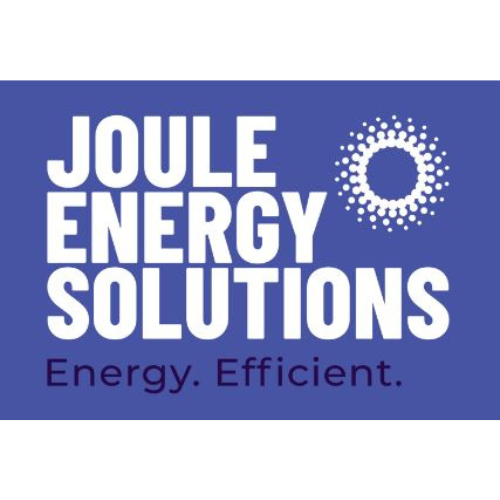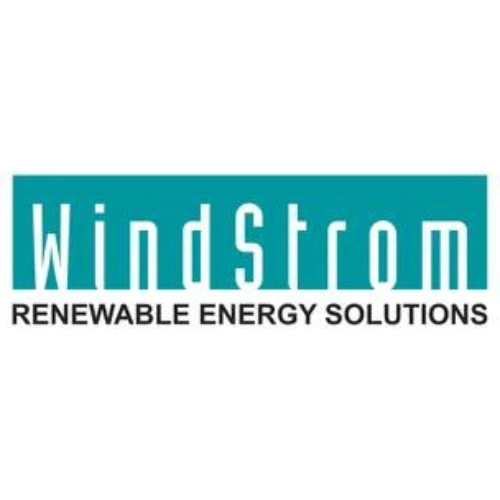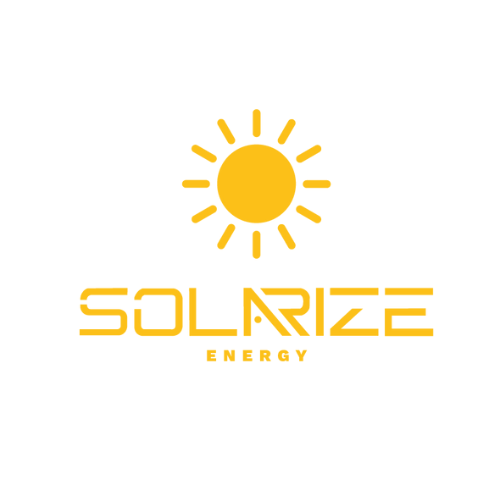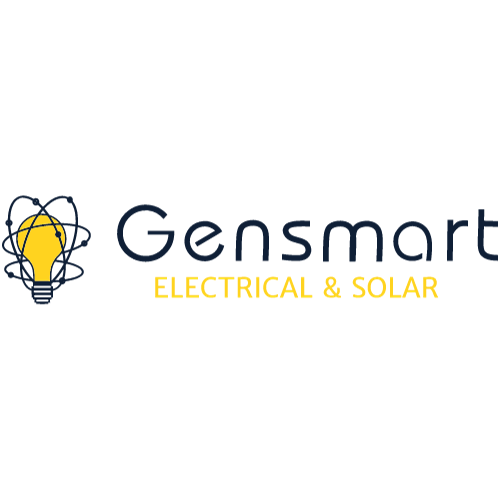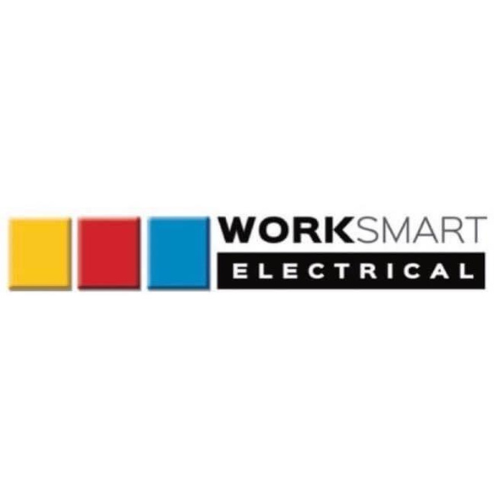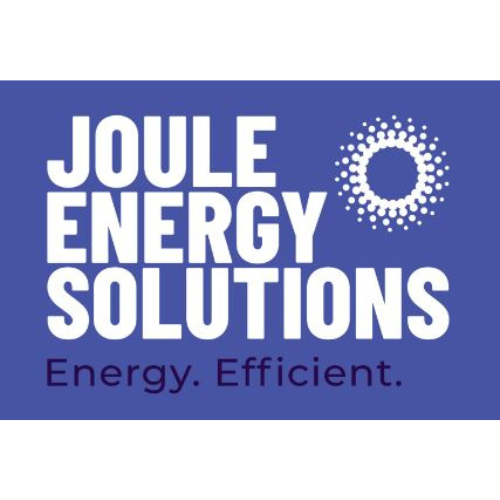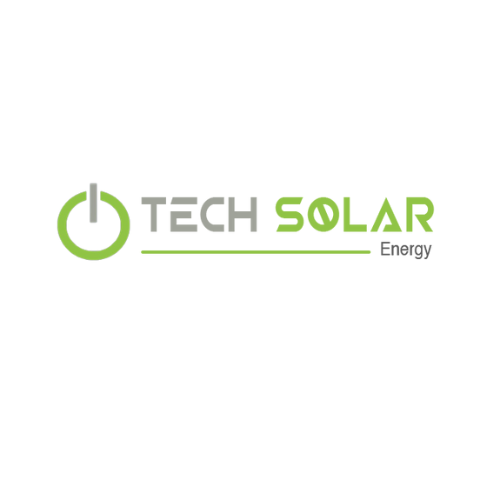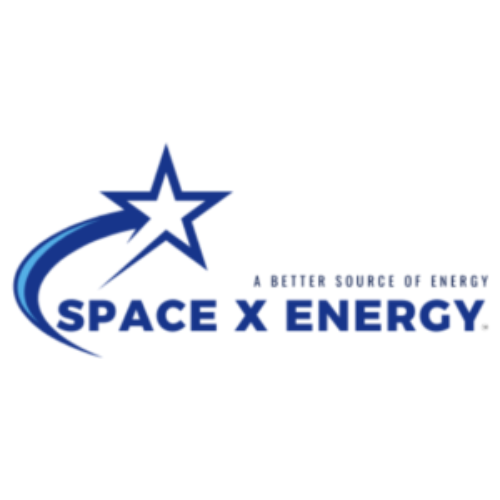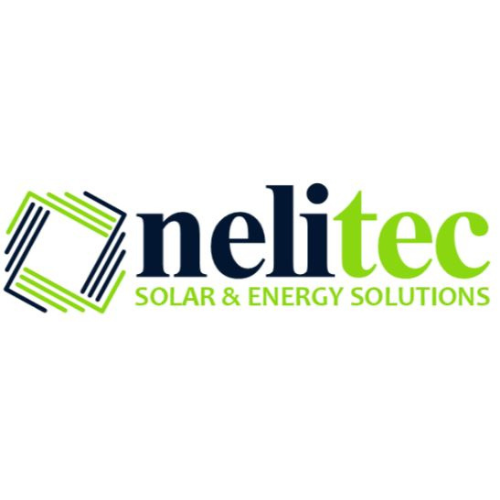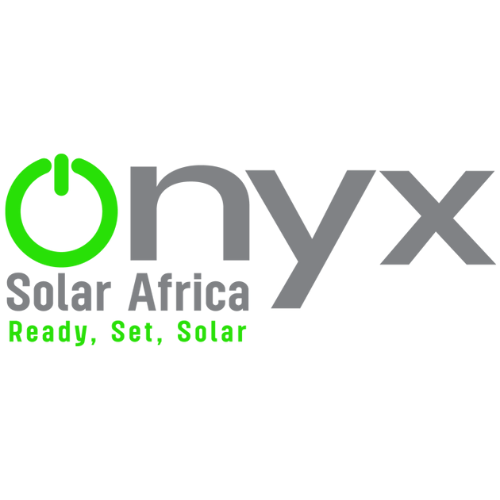SolarPVReviews
Compare prices and reviews of the best inverters in 2023
Find the best inverter for your home or business available in 2023
What does an inverter do?
An inverter is an electronic device that converts direct current (DC) electricity into alternating current (AC) electricity. It plays a crucial role in various applications, especially in situations where AC power is needed but the available power source is DC, such as in solar power systems, batteries, and electric vehicles.
The primary functions of an inverter are:
-
DC-to-AC Conversion: The main purpose of an inverter is to convert DC electricity, typically generated from sources like solar panels or batteries, into AC electricity. AC power is the standard form of electrical power used in homes, businesses, and most electrical appliances.
-
Voltage and Frequency Regulation: In addition to converting the current, inverters also regulate the voltage and frequency of the AC power output to match the required specifications. This ensures that the output power is stable, consistent, and compatible with the electrical devices being powered.
-
Sine Wave Generation: High-quality inverters generate a smooth and pure sine wave output, replicating the type of power supplied by utility grids. This sine wave is essential for the proper functioning of sensitive electronic devices, as they may not operate efficiently or may be damaged when exposed to irregular or distorted waveforms.
-
Power Conditioning: Inverters often provide power conditioning functions, such as surge protection and noise filtering. These features help protect connected devices from power fluctuations, voltage spikes, and electrical noise that could potentially cause damage.
-
Grid Connection and Energy Management: In grid-tied solar power systems, inverters facilitate the connection between the solar panels and the utility grid. They ensure that excess energy produced by the solar panels is efficiently fed back into the grid, allowing for net metering or other compensation mechanisms. In some cases, advanced inverters also enable energy management functionalities, such as optimizing the use of stored energy from batteries or coordinating with smart grid systems.
In summary, an inverter converts DC electricity into AC electricity, regulates voltage and frequency, generates a clean sine wave output, provides power conditioning, and facilitates grid connection and energy management in certain applications.

Types of solar inverter
There are different types of solar inverters categorized based on solar inverter technology and the type of solar power system they are designed for. Here’s a simplified explanation:
Solar Inverter Technology:
- String Inverter: A standalone unit that converts power from a string or multiple strings of solar panels. String inverters are cost-effective but tend to be less efficient.
- String Inverter + Power Optimizer: Power optimizers are connected to each panel to optimize DC power output, which is then converted into AC power by the string inverter. This combination improves system performance, especially in cases of shading or panel mismatch.
- Microinverter: Microinverters are installed on individual panels, performing both DC-to-AC power conversion and maximum power point (MPP) tracking at the panel level. They are efficient, handle shade effectively, and offer system expandability but are more expensive than other types.
Type of Solar Power System:
- Grid-Tied Inverters: These inverters are used in grid-tied solar systems, which are connected to the utility grid. They enable bidirectional energy flow, allowing the system to export excess solar power to the grid and import power when needed.
- Hybrid Inverters: Designed for hybrid solar systems (solar-plus-storage), hybrid inverters work like grid-tied inverters but also incorporate battery charging and discharging capabilities. They provide backup power during grid outages and can store excess solar energy for later use.
- Off-Grid Inverters: Used in off-grid solar systems that operate independently from the utility grid, off-grid inverters work with battery backup systems. They convert DC power from solar panels and batteries into usable AC power to meet the electrical needs of the off-grid setup.
Each type of solar inverter serves specific purposes and is compatible with different solar power system configurations. Consider factors such as efficiency, shading issues, expandability, and power independence when choosing the appropriate inverter for your solar installation.


